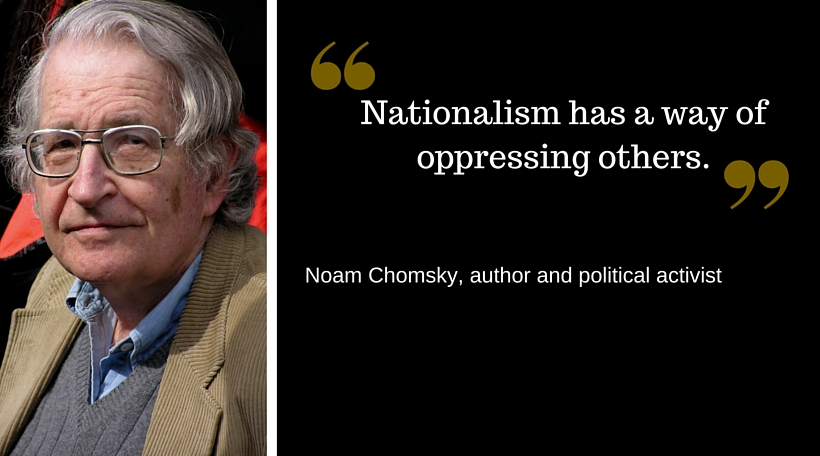
It derives from the Latin pater, meaning “father.” Just as devotion to family requires placing its well-being above your own, devotion to country-patriotism-extends that principle to the nation as a whole.

But his implication is that while nationalism is about the relationship between your country and other countries, patriotism is about the relationship between your country and yourself. It “is inseparable from the desire for power.” A nationalist, Orwell argued, “thinks solely, or mainly, in terms of competitive prestige … his thoughts always turn on victories, defeats, triumphs and humiliations.” Patriotism, by contrast, involves “devotion to a particular place and a particular way of life, which one … has no wish to force on other people.” Orwell’s explanation of patriotism is brief. In 1945, George Orwell distinguished between “nationalism” and “patriotism.” Nationalism, he argued, is the belief that your nation should dominate others.


 0 kommentar(er)
0 kommentar(er)
